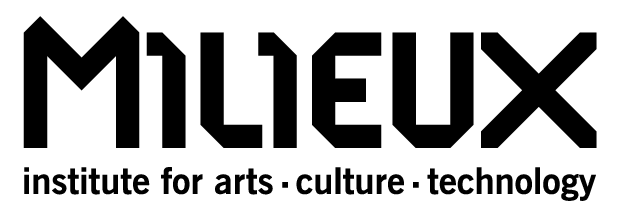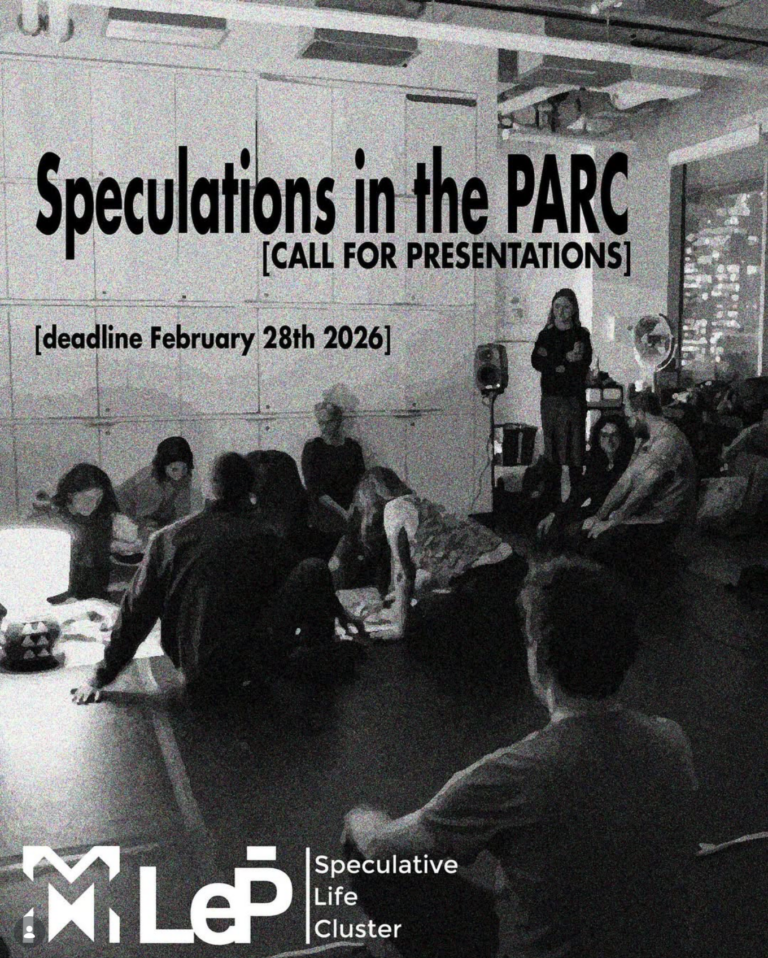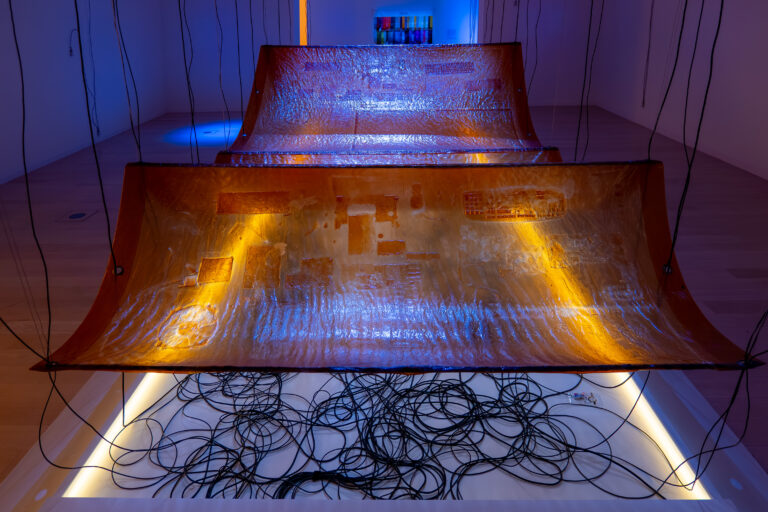To our community in Montreal and beyond:
The Milieux Institute of Arts, Culture and Technology at Concordia University in Montreal stands in solidarity with all Black, Indigenous and racialized communities across North America who are protesting in response to police brutality and racial state violence.
The brutal murders of George Floyd, Ahmaud Arbery, Breonna Taylor and others have caused tremendous pain, grief and public outrage during a time of global pandemic. During this time, the state and authorities should be reimagining and reconstructing its relationship with the people, not doubling down on militarized policing, surveillance and systemic exclusion and injustice.
This resonates with us in Montreal. Quebec and Canada have a long history of racial state violence targeting Black, Indigenous and racialized communities. Systemic racism continues to be a major impediment to progressive social change, not just in our police forces, but also in the academic and cultural institutions where we work.
In 1968, San Francisco State University inaugurated the first department of black studies in the world. The explicit goal was to foster a “positive focus on the life experiences of Black people in America.” At its heart was a call not merely to address one group’s identity, but to use the interweaving of different disciplines and temporalities to critically contest and dismantle the seeming “normalcy” of racist America, while fostering practices that created new types and imaginaries of society. We must return to this call to action.
The Milieux Institute works at the intersection of the arts, technology and culture, drawing on the arts, humanities and social sciences to help critically reflect on and reimagine our relationship with technology in an uncertain future. Our work will bear little fruit if our reflections, imaginations and practices cannot encompass a society premised on social and cultural justice, diversity and reparation; and, if we cannot expose and redress the deep institutional commitments to white supremacy and systemic racism in the spaces we strive to build. We must ask, how our institutions foster discrimination and what it means to develop more diverse and equitable forms of knowledge.
If we wish to have a future society other than the one we have today, then it continues to be our role to develop forms of action, knowledge, and pedagogy that will shape that future. While there is no one answer, at Milieux we offer our steadfast commitment to refusing the normalcy that makes the murder of black lives and the lives of many others acceptable.
We will undertake the challenge to foster multiple forms of practice and thought. We challenge conventional forms of representation and narration. We will work to create different times and imaginaries for the future. We will encourage pedagogies and practices that are situated, contested, and contingent. We will remember history – not to repeat, but to change.
To this end, and in order to create actionable pathways and increase the diversity of voices toward the realization of our mandate, the Milieux steering committee commits to the following actions effective for the 2020-2021 academic year.
- Create an emerging BIPOC scholar/designer/artist in residence program starting in January 2021 (up to $6000 for a full term).
- Allocate BIPOC student projects funding – up to $3000 in student projects funding for projects initiated by BIPOC students consistent with the Milieux mandate.
- BIPOC curriculum visibility project — $3000 for students to build a website/portal to help encourage and profile diversity and anti-racist curricular initiatives in digital arts, culture and technology at Concordia.
- Allocation of 25%+ of events budget for BIPOC focused events at Milieux.
- Establish undergraduate fellows program diversity target of 33%. Recruit 5-7 BIPOC fellows out of 14 for 2020-21.
We invite all Milieux Institute clusters, partners, and members to join us in these and other initiatives, help us expand their reach and effectiveness, and commit to their continuity.
Sincerely,
Members of the Milieux Institute Steering Committee
Pippin Barr
Joanna Berzowska
Daniel Cross
Ann-Louise Davidson
Orit Halpern
Heather Igloliorte
Rilla Khaled
Jason Lewis
Marisa Portolese
Chris Salter
Kim Sawchuk
Bart Simon (Director)
Kelly Thompson
Peter van Wyck
Haidee Wasson
Angélique Willkie



